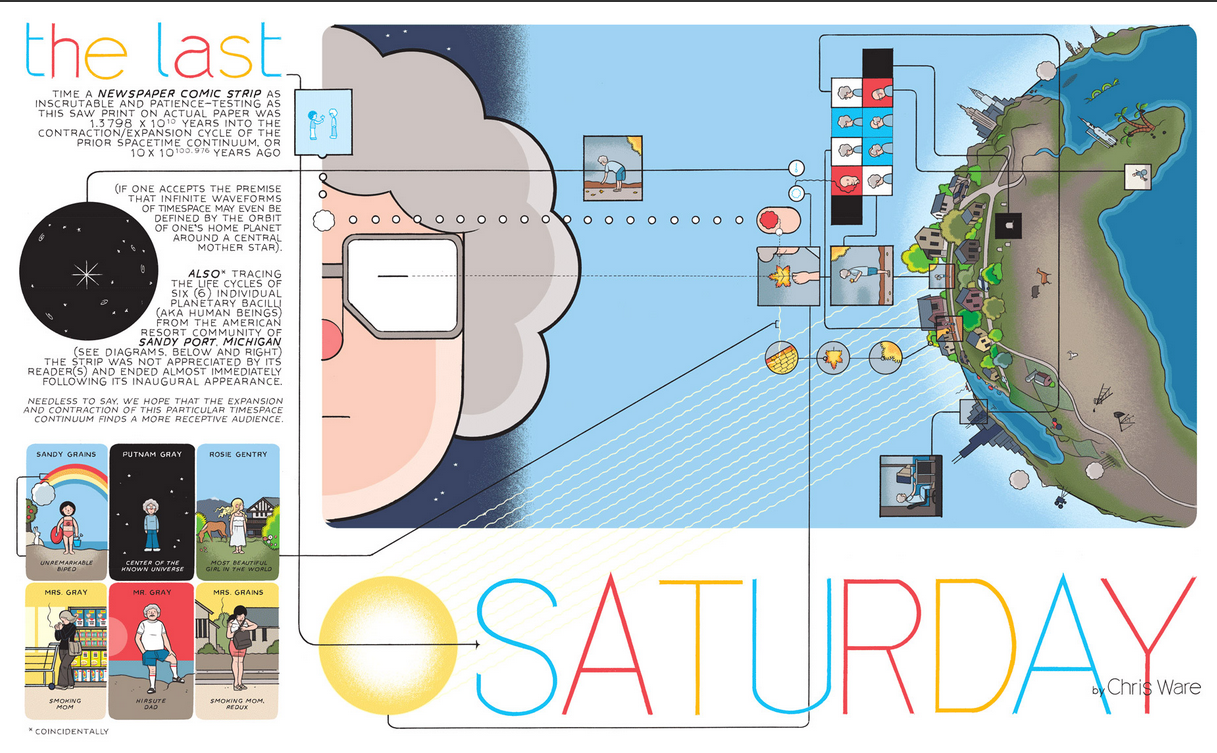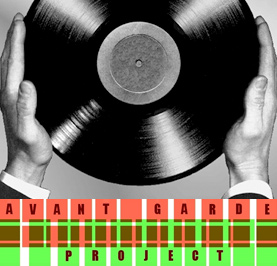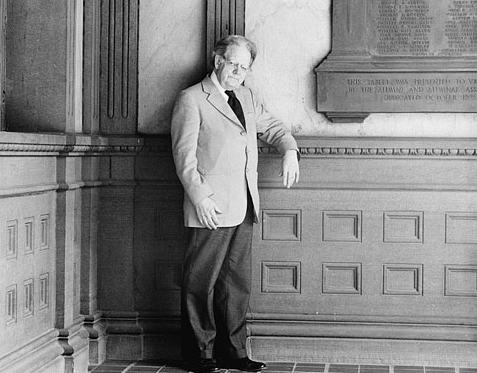Novelist, educator, and vlogger John Green has drawn a lot of press lately, including but not limited to a New Yorker profile by Margaret Talbot, in the wake of the film version of his popular young-adult novel The Fault in Our Stars. But we here at Open Culture can say we featured him before that magazine of cultural record did: in 2012 we posted his Crash Course in World History, and last October, his Crash Course on Literature. If you keep up with this site, you probably know Green less as a coming-of-age-tragedy-writing “teen whisperer” (in the words of the New Yorker) than as the mile-a-minute, constantly wisecracking, but nevertheless wholesome teacher you never had. You may not know that he has an equally educational brother named Hank, who first came to internet prominence in a back-and-forth video series of John’s devising called Vlogbrothers, which Talbot describes as “less a conversation than an extended form of parallel play.”
Now you can find Hank, possessed of a similarly fast and funny delivery style, prepared to inform you on a whole range of other subjects, teaching crash courses just like John does. At the top of the post, we have his 30-part Crash Course in Psychology, in which he covers everything about the study of the human mind from sensation and perception to the theory of the homunculus to remembering and forgetting to language to depression. (You can watch the series from start to finish above.) Psychology has long ranked among the most popular undergraduate majors in American universities, and given humanity’s ever-increasing curiosity (and gradually accumulating knowledge) about the workings of its brains, that shouldn’t come as a surprise. But those of us who felt compelled to pick a more “practical” course of study back in college, can now turn to Hank Green, who offers us a surprisingly thorough psychological grounding with only about five hours of “lecturing” — much less than the major would have taken us, and with many more corny jokes. Perhaps the course will help you understand why we laugh at them anyway.
Related Content:
Free Online Psychology Courses
A Crash Course in World History
How To Think Like a Psychologist: A Free Online Course from Stanford
Colin Marshall hosts and produces Notebook on Cities and Culture and writes essays on cities, language, Asia, and men’s style. He’s at work on a book about Los Angeles, A Los Angeles Primer. Follow him on Twitter at @colinmarshall or on Facebook.




